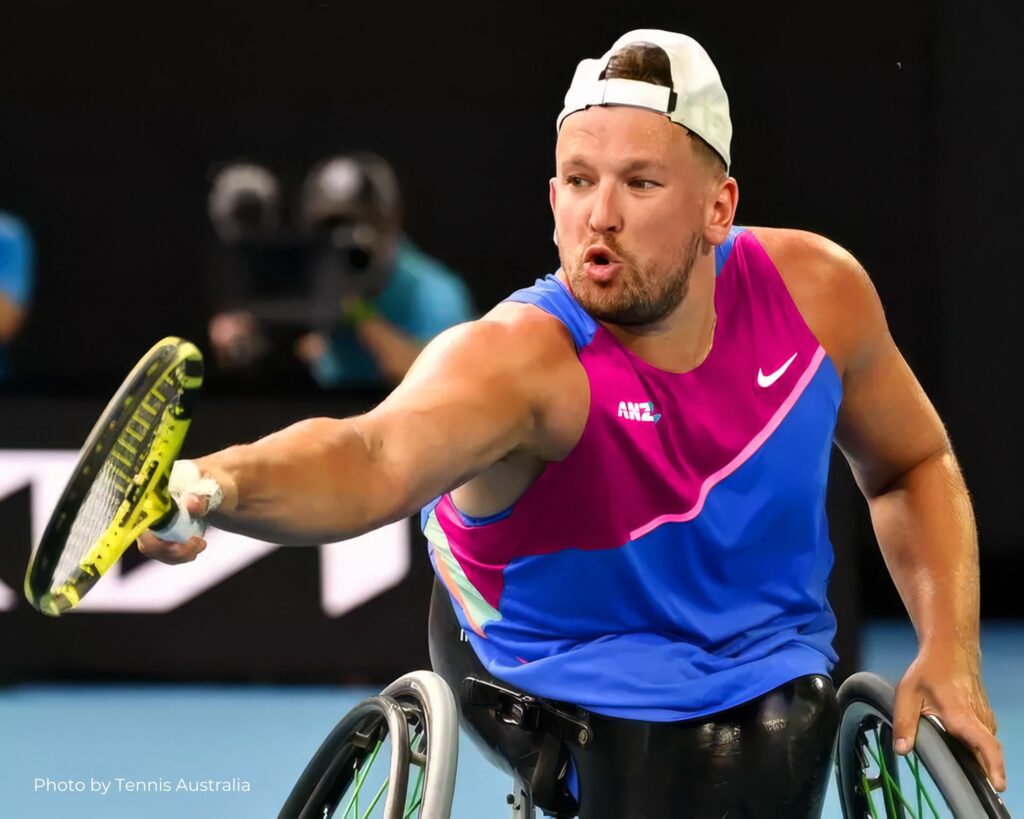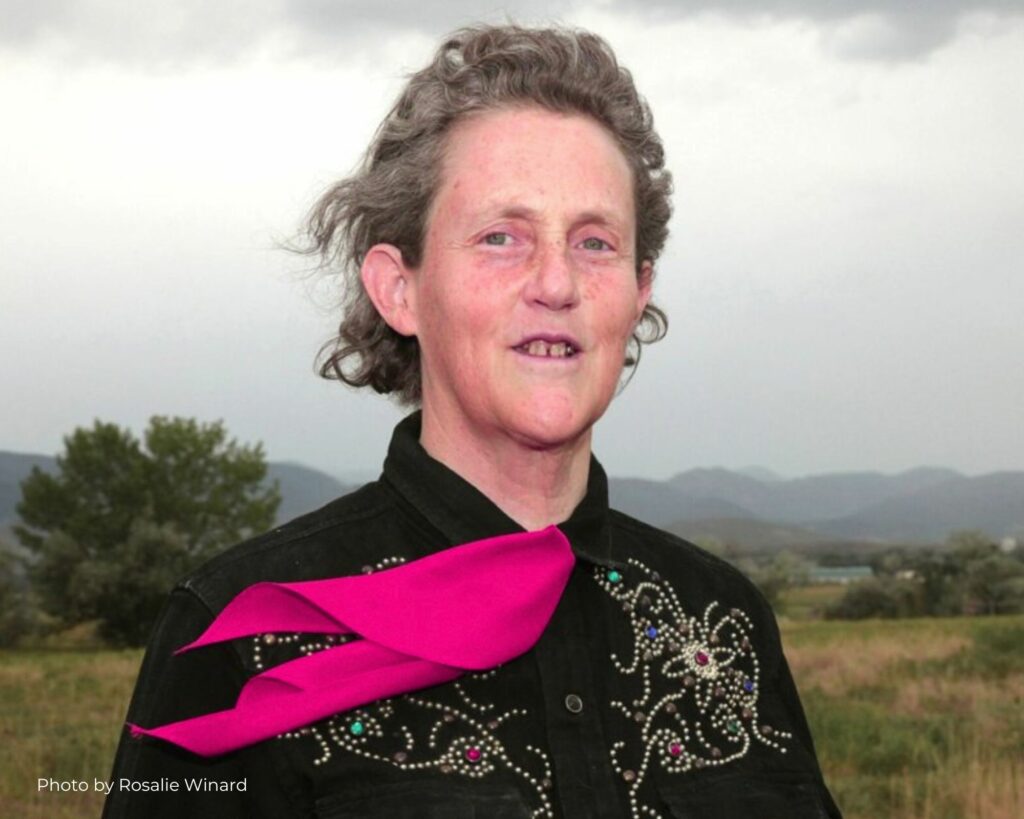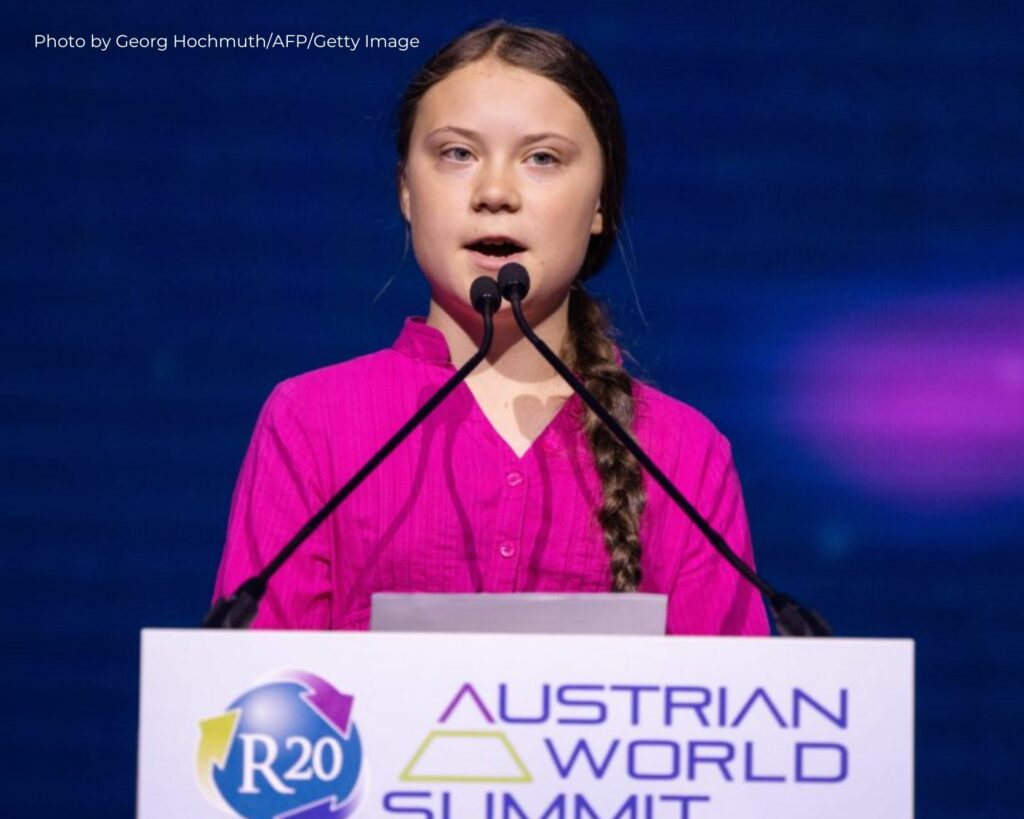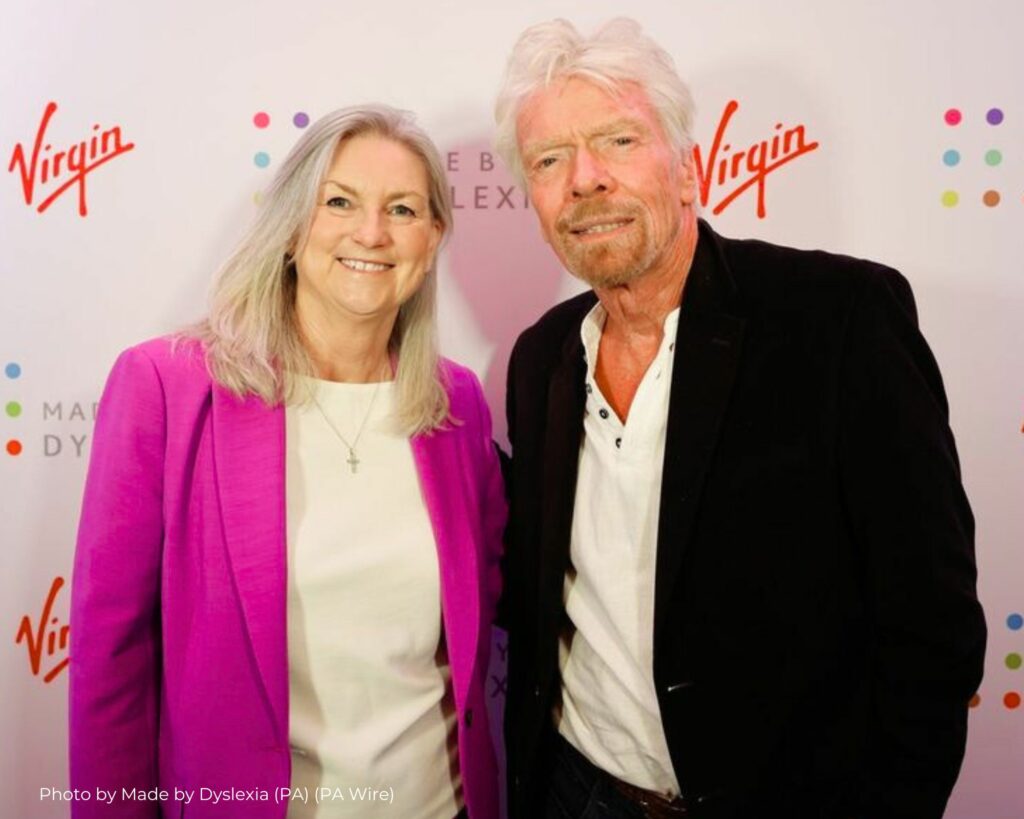Celebrating the Power of Inclusion in Leadership Roles
“One person can make a difference, and everyone should try.”
(John F. Kennedy)
In today’s world, leadership is often associated with certain qualities such as charisma, intelligence, and strategic thinking. However, one of the most transformative and overlooked aspects of leadership is inclusion—particularly when it comes to leaders who live with a disability. Physical or cognitive limitations do not restrict the ability to lead, inspire, and innovate, and the inclusion of individuals with disabilities in leadership roles brings diverse perspectives, resilience, and unique problem-solving abilities to the forefront.
In this blog post, we will celebrate the remarkable leaders with disabilities who are making significant impacts in various fields while also emphasising the importance of fostering inclusion in leadership, especially on the International Day of Persons with Disabilities.
International Day of Persons with Disabilities: Amplifying Leadership for an Inclusive Future
Every year, December 3rd marks the International Day of Persons with Disabilities (IDPD), a day dedicated to promoting the rights, inclusion, and well-being of persons with disabilities across the globe. The theme for 2024, “Amplifying the leadership of persons with disabilities for an inclusive and sustainable future,” highlights the essential role of individuals with disabilities in shaping a better future. This theme is a call to action to not only amplify their voices but also to ensure that their leadership is recognised and supported in all sectors of society.
The IDPD serves as an opportunity to reflect on the progress made in disability inclusion while also recognising the challenges that persist. It underscores the importance of breaking down barriers—whether they be physical, social, or economic—that prevent individuals with disabilities from fully participating in leadership roles. This day is a reminder that inclusive leadership is key to creating a sustainable and equitable future for all.


Breaking Barriers: Leaders with Disabilities Who Inspire
Throughout history, individuals with disabilities have been breaking barriers and proving that they possess the same if not superior, capabilities as everyone else. Today, these pioneering leaders excel in their fields and advocate for a more inclusive and equitable society. Here are some inspiring examples of Australian and International leaders with disabilities who are changing the world in their field:
1. Dylan Alcott – Paralympic Gold Medalist and Advocate for Disability Rights
Dylan Alcott is one of Australia’s most celebrated athletes and disability advocates. Born with a disability, Alcott became a Paralympic gold medalist in both basketball and tennis, winning numerous prestigious titles, including the Australian Open and Wimbledon. Beyond his sporting achievements, Alcott has become an influential leader in advocating for the rights and representation of people with disabilities.
In 2021, Alcott launched the Dylan Alcott Foundation, which supports young Australians with disabilities in pursuing their passions and achieving their potential. He is also a passionate advocate for accessibility in sports, education, and the workplace. His leadership is about challenging societal perceptions of disability and championing the inclusivity of people with disabilities in all aspects of life.


2. Dr. Temple Grandin – A Leader in Animal Science
Dr. Temple Grandin, a world-renowned professor, animal scientist, and autism advocate, has defied the odds by becoming one of the most influential voices in the field of animal welfare. Diagnosed with autism at a young age, Grandin’s unique perspective allowed her to design more humane livestock handling systems that are used globally. Her leadership is a testament to how her problem-solving, creativity, and innovative skills have been able to change the world regardless of her disability.
Grandin’s leadership style emphasises the importance of embracing neurodiversity. By encouraging others to think differently and approach problems with fresh perspectives, she has not only transformed animal science but also reshaped the way society views autism. Grandin’s achievements demonstrate that inclusion in leadership is not just about accessibility—it’s about recognising the power of diverse thought processes and perspectives.


3. Stevie Wonder – A Musical Icon and Activist
Stevie Wonder, one of the most influential musicians of all time, has been blind since birth. Despite this, Wonder has become an international symbol of artistic excellence and social change. His contributions to music, particularly in the genres of Motown and soul, have earned him numerous awards, including 25 Grammy Awards.
In addition to his musical achievements, Wonder is a passionate advocate for disability rights and racial equality. He has consistently used his platform to fight for the inclusion of people with disabilities and marginalised communities in all aspects of life. Stevie Wonder’s leadership shows that disability is not a barrier to influence and advocacy—it is an opportunity to inspire and create meaningful change.
4. Greta Thunberg – Climate Activist and Advocate for Neurodiversity
Greta Thunberg, the globally renowned climate activist, has made waves in the environmental movement despite living with Asperger’s syndrome, a condition on the autism spectrum. Thunberg has often referred to her Asperger’s as her “superpower,” enabling her to focus intensely on her mission to combat climate change. Her leadership style, characterised by authenticity, persistence, and unwavering dedication, has mobilised millions of young people around the world to advocate for environmental justice.
Thunberg’s advocacy extends beyond environmental issues to promoting awareness about neurodiversity. By openly discussing her experiences with Asperger’s, she has helped challenge societal stereotypes about autism and inspire others to embrace their unique strengths. Her journey exemplifies how individuals with disabilities can lead transformative movements, proving that diverse minds are indispensable in solving complex global challenges.


5. Sir Richard Branson – Entrepreneur and Founder of Virgin Group
Sir Richard Branson, the billionaire entrepreneur and founder of the Virgin Group, has dyslexia, a learning disability that affects his ability to read and write. Despite this challenge, Branson has become one of the most successful business leaders in the world. He attributes much of his success to his ability to delegate, think creatively, and approach problems from different angles—skills that are often sharpened by living with a disability.
Branson has used his platform to raise awareness about the importance of neurodiversity and inclusion in the workplace. His leadership serves as a powerful reminder that individuals with disabilities can excel in the business world, and that organisations should actively foster inclusive cultures that value diverse ways of thinking and problem-solving.


The Importance of Inclusion in Leadership Roles
The leadership of these remarkable figures demonstrates the profound impact that inclusion can have not only in the lives of individuals with disabilities but also in society at large. Here are several reasons why fostering inclusion in leadership is critical:
1. Diverse Perspectives Lead to Innovation
Leaders with disabilities bring fresh perspectives and innovative solutions forward. By living with a disability, these leaders often develop a unique problem-solving approach and resilience that can drive creativity in organisations and communities. The inclusion of people with disabilities in leadership roles ensures that a broader range of ideas is considered, fostering more innovative and sustainable solutions.
2. Inspiration for Others
When individuals with disabilities are in leadership positions, they serve as role models, demonstrating that disability does not limit potential. They inspire others—especially young people with disabilities—to aspire to leadership roles, knowing that they too can achieve great things. Representation in leadership is vital for instilling confidence and encouraging more diverse talent to step up.
3. Creating Inclusive Work Environments
Leaders with disabilities are more likely to create inclusive environments where all individuals can thrive. They understand the challenges faced by people with disabilities and are dedicated to creating accessible spaces, both physically and intellectually. Their leadership can help shape more inclusive organisations that embrace diversity and provide equal opportunities for everyone.


The Future of Leadership is Inclusive
As we celebrate International Day of Persons with Disabilities, let us recognise the invaluable contributions of worldwide leaders with disabilities. Individuals like Dylan Alcott, Dr. Temple Grandin, Stevie Wonder, Greta Thunberg, and Sir Richard Branson not only inspire us with their achievements but also advocate for a world where everyone has the opportunity to lead, regardless of their abilities.
The 2024 theme, “Amplifying the leadership of persons with disabilities for an inclusive and sustainable future”, calls on us to amplify the voices and leadership of people with disabilities, to create a society that values inclusion, diversity, and equal opportunities for all. By fostering inclusive leadership, we can ensure that the future is shaped by the rich perspectives and talents of individuals with disabilities, building a more just and sustainable world for everyone.
If you are a leader with a disability, or you work to support and empower individuals with disabilities, remember that your voice and your leadership are powerful. The world needs your vision, and together, we can create a brighter, more inclusive future.


At Nurse Next Door, we are passionate about Making Lives Better®.
If your are looking at Caregiving as a Career click here to learn more and see what opporunitites are available in your local area.
If you require care in your own home, on your own terms, contact us 24/7 on 1300 600 247 to discuss how Nurse Next Door can help you keep doing what you love.
